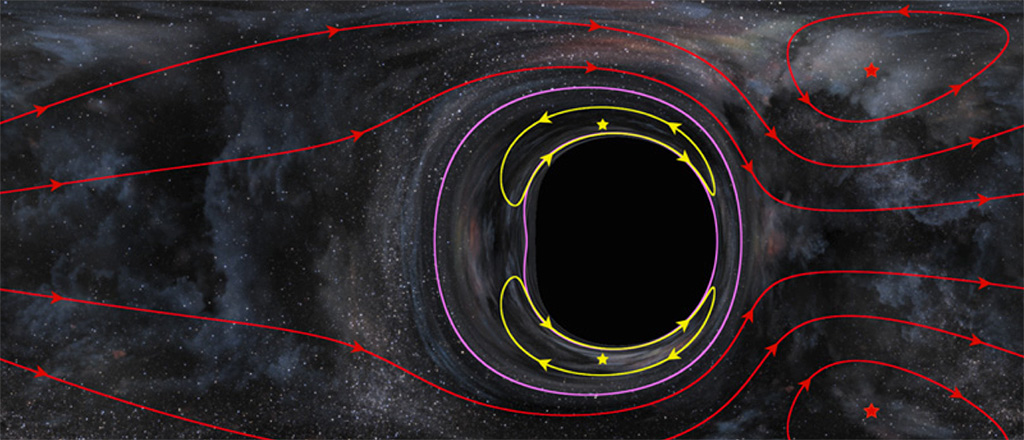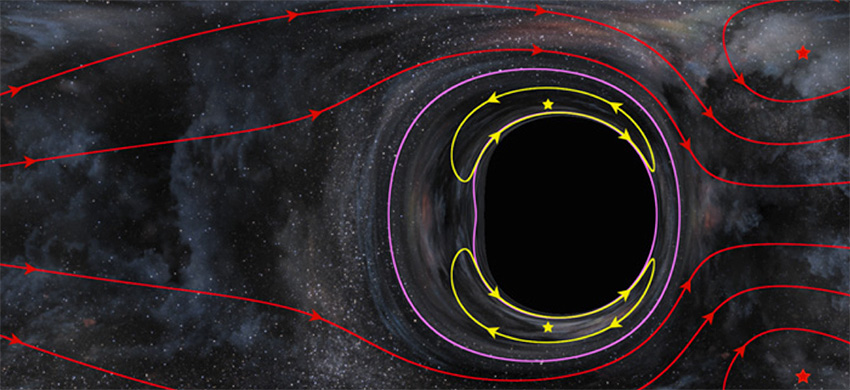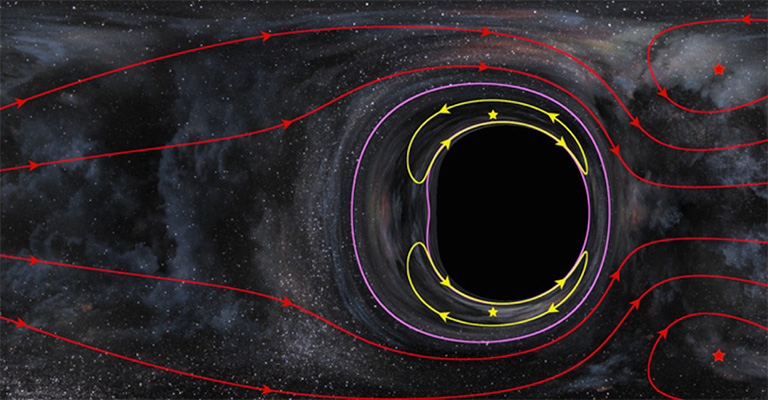SCIENCE COMMON CURRICULUM DISTRIBUTION COURSES
The Science Common Curriculum distribution courses will build on the two previous Science Common Curriculum courses (Quantitative Reasoning (QR) and Scientific Inquiry 2 (SI 2) by providing students an opportunity to explore more specialised topics. These distribution courses will expose students to mathematical and scientific practice, share a set of core learning goals, enhance quantitative skills, and foreground inquiry within specific subfields.
All students will share the experience of learning how science works, how science knows what it knows (the scientific method), and will develop the cognitive tools and apply methods used in particular scientific or mathematical areas. Regardless of the specific topic (the object of inquiry), each student will experience logical or scientific reasoning at college level, use primary data or calculations, and learn to analyse appropriate primary literature.
All courses will address some, but do not have to cover all of these aspects of scientific and mathematical practice.
1. Deepening key numeracy skills introduced in QR and SI 2, including:
- Critical evaluation of statistical argument and observational evidence
- R tools for inference, visualisation, and working with data
- Exposure to real-world data
2. Proof and evidence:
- Mathematical proof and the concept of “truth” in mathematical science
- Scientific method and the roles of different types of evidence in science (experimental/observational, logic/theoretical, computational)
- Falsifiability, discovery versus hypothesis-driven research, and serendipity
In order to ensure that students fully explore the science offerings from their Yale-NUS faculty before they declare a major, all courses counted towards the science distribution requirement must be taken at Yale-NUS. The five units of these distributional courses will not be counted towards the total units for the major, although they may fulfil major requirements or prerequisites for advanced courses. Students intending to take a specific science major should plan to take additional major courses later, or use the Common Curriculum (CC) requirement to explore an area outside of their current interest. This CC distribution requirement will normally be completed by Semester 2 of the second year.
Provisional List of Courses for Sciences CC Distribution through 2025
(As of June 2022)
These are courses within Science majors that can fulfil the Science CC distribution requirement. They are existing courses offered within each major with little to no prerequisites.
These courses may however assume some appropriate science or mathematics background.
Additional courses may be added in future.
Some of these courses are 2.5 units: to fulfil the Sciences CC distribution requirement, students must take five units worth of Science CC courses.
| Primary Major | Code | Course Title |
|---|---|---|
| Environmental Studies | YID2212 | Data Science for the Environment |
| Environmental Studies | YID2214 | Plants and People |
| Environmental Studies | YID2215 | The Ecology of Food |
| Life Sciences | YSC1208 | Model Organisms |
| Life Sciences | YSC2256 | Science of Life |
| Life Sciences | YSC2259 | Social Insect Societies |
| Life Sciences | YSC2258 | Fungi and Society |
| Life Sciences | YSC2260 | Health and Disease |
| Life Sciences | YSC3255 | The Biology of Aging |
| MCS | YSC1212 | Introduction to Computer Science |
| MCS | YSC1216 | Calculus |
| MCS | YSC2209 | Proof |
| MCS | YSC2210 | Data Analysis and Visualization (DAVis) with R |
| MCS | YSC2221 | Introduction to Python |
| MCS | YSC2227 | C: A Language for Science and Engineering |
| MCS | YSC2232 | Linear Algebra |
| MCS | YSC2239 | Introduction to Data Science |
| MCS | YSC2254 | Modelling and Optimization |
| MCS | YSC2257 | AI Projects and Case Studies |
| Physical Sciences | YSC1207 | General Chemistry |
| Physical Sciences | YSC1213 | General Physics |
| Physical Sciences | YSC1218 | Molecular Perspectives |
| Physical Sciences | YSC1219 | Introduction to Black Holes |
| Physical Sciences | YSC1220 | More is Different: Emergence in Physical Systems |
| Physical Sciences | YSC1223 | Science of Everyday Cooking |
| N/A | Heavy Metal and Health |




